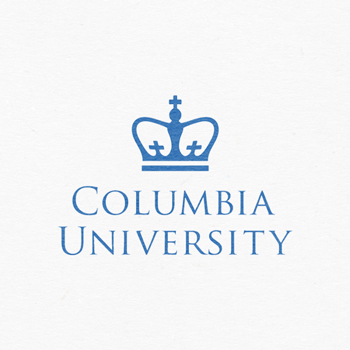Introduction
In this paper, I provide a brief overview of media literacy programs that have been proposed or trialed thus far, whether through public education or in a experimental lab
setting, examining the pros, cons, and barriers to implementation. I examine media literacy against the full taxonomy of mis/disinformation solutions, and propose
strategies derived from psychology and behavioral science that can encourage buy-in and give these policies a real chance at success. Through my research, I find that while media literacy shows potential in experimental settings, there is no longitudinal field research to definitively prove the efficacy of media literacy to reduce the negative impacts of mis/disinformation. To that end, I examine the potential for education and training practices—such as cognitive behavioral therapy (CBT) and mindfulness programs—that could work in tandem with consumer-side levers such as media literacy, and top-down solutions such as increased platform transparency and antitrust laws, to improve how we perceive, absorb, and share information.
Read more here.


